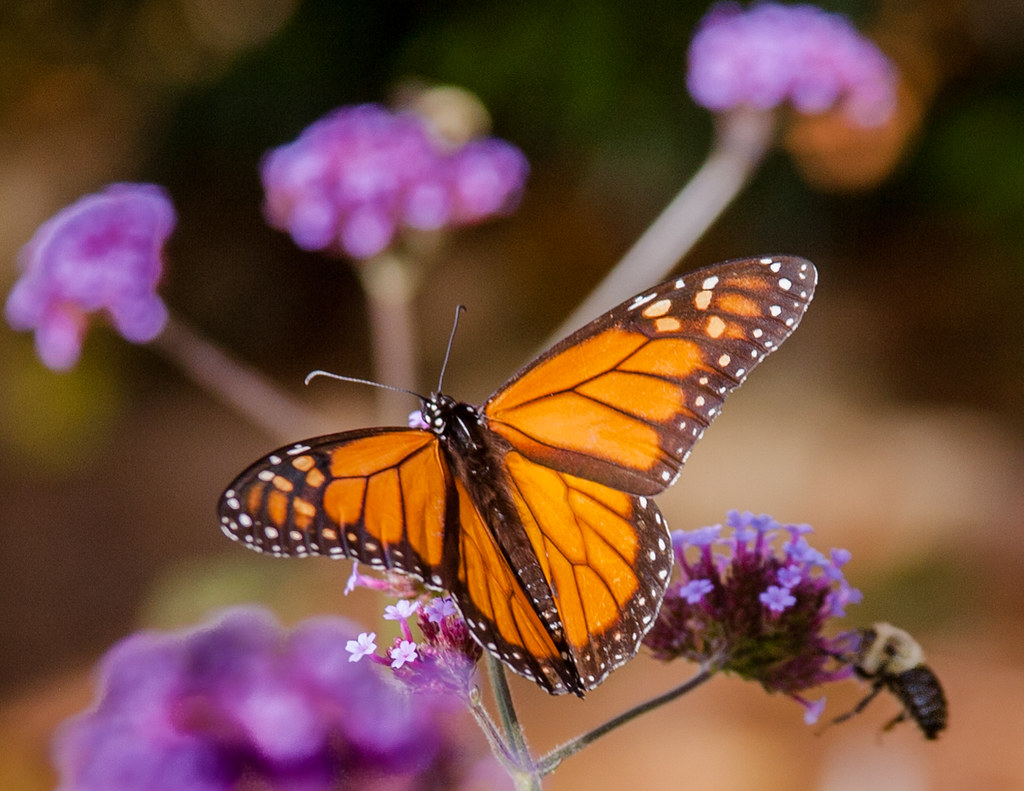Letter: Reducing Light Pollution Protects Pollinators

Thuya Gardens, Mt Desert Island, Maine. Photo: flckr.com
Editor’s note: this letter also appeared in the Amherst Bulletin on April 22, 2021.
The week of April 5-12 was International Dark Sky Awareness week. Amherst Area for Pollinators is promoting awareness about the environmental consequences of light pollution and suggesting ways that homeowners can be part of the solution.
Artificial light is harmful and disruptive to ecosystems. Pollinators, wetland inhabitants, nocturnal animals — the list goes on — are all adversely affected by our overuse of lighting. As the International Dark-Sky Association states, “for billions of years, all life has relied on Earth’s predictable rhythm of day and night. It’s encoded in the DNA of all plants and animals. Humans have radically disrupted this cycle by lighting up the night.”
Approximately one billion migratory birds in the U.S. perish each year when lights in tall buildings lure them off course, causing death by collision or starvation. Nighttime lights are responsible for many moth and firefly fatalities, and some light-shy bats change their behavior to avoid lights. Nighttime light also disrupts human health.
The good news is that we can make a difference. Please take these steps to help the ecosystem as well as the beauty of the night sky: fully shield light fixtures so that lights shine down; use the dimmest lightbulbs possible; use CFL and LED lights that attract fewer insects; and, most important, use a timer or motion detector or consider not turning on night lights at all.
We can also advocate to protect the night sky and educate ourselves, policymakers, friends and neighbors to bring back the beauty of the night. Contact Amherst Area Friends of Pollinators (info@johnroot.net, 413-961-9059) to join us in establishing pollinator habitat on town-owned land, or learn about how to make your property a pollinator sanctuary.
Jessica Ryan and John Root are members of Amherst Area Friends of Pollinators
